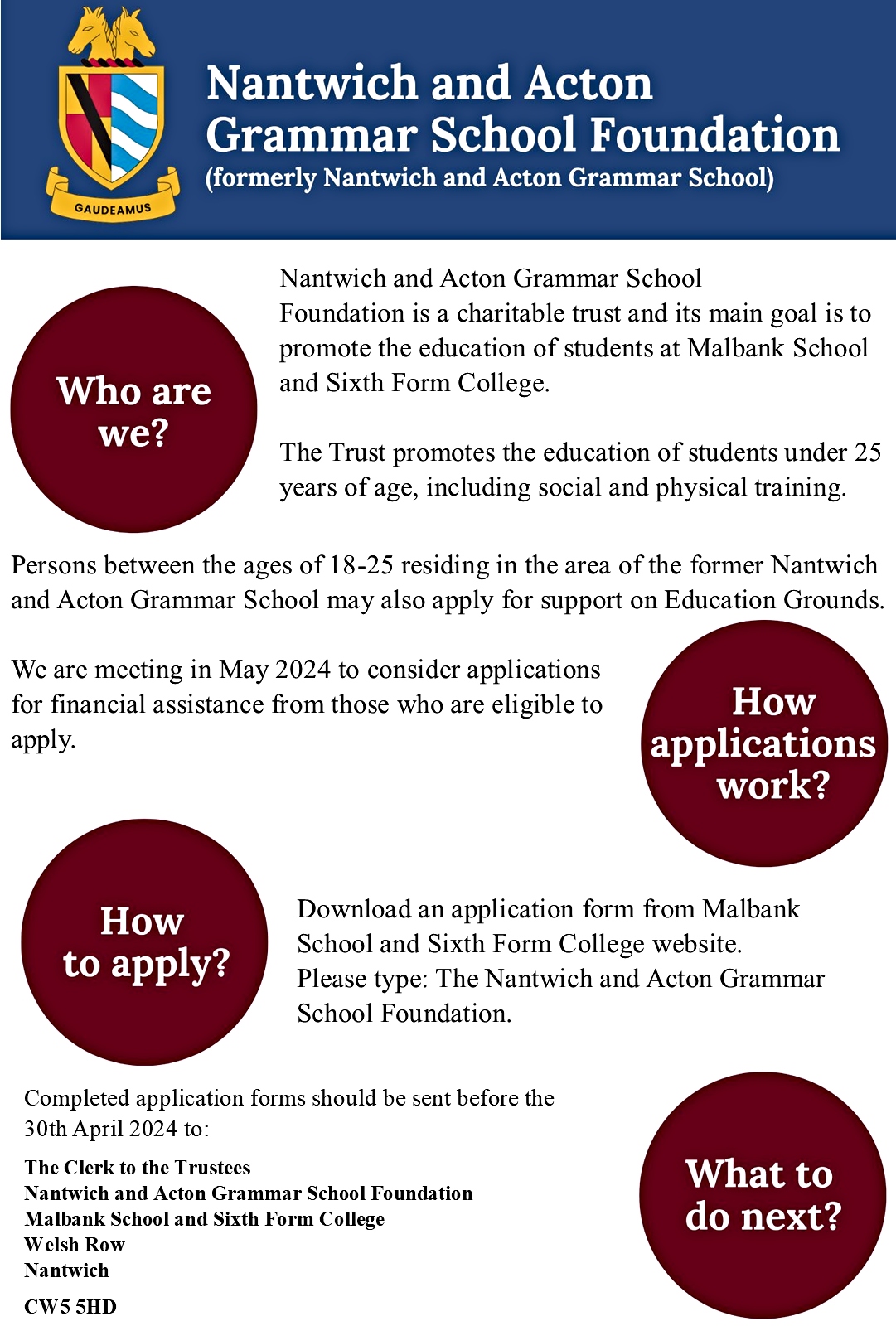
Hiring a new employee can be a stressful process, which is why it’s so important to have an efficient employee onboarding plan to make sure you’re hiring the right people.
Between picking through piles of CVs and deciding who to invite for a final interview, there’s so much to do and a lot of important decisions to make.
It’s crucial to choose a suitable candidate for the role, who has the skills to thrive or at least the enthusiasm to work hard and hone their craft.
Finding the right person for the role could improve your company and the service you offer, while hiring someone who isn’t the right fit will bring in a long list of problems, including being right back where you started, searching for a new candidate a few months down the line.
Unfortunately, finding the perfect person for a role is not as easy as it sounds.
Here, we outline some tips to help you assess your candidates during the recruitment process.
Define your requirements
When advertising a vacancy, it’s essential to ensure all the requirements you need the successful candidate to have are clearly outlined.
The more vague or abstract the wording on your advert is, the more people will apply, leaving you with tonnes of applications to sift through.
It’s also likely you’ll receive applications from people who don’t have the skills or experience to carry out the role, wasting both your time and theirs.
A clear person specification for the job will reduce time wasted on unsuitable applicants.
Include attributes and experience that will be key to the role, but don’t forget about soft skills too.
Pay attention to soft skills
It’s important to evaluate the soft skills of your candidates, particularly if you’re looking for a manager or leader.
Think about skills like effective communication, work ethic, self-awareness, confidence speaking in front of a number of people and any other skills you think are essential to the role.
For example, a candidate for a managerial role should be tested on their leadership skills, so you can determine whether they’re equipped for the job.
Leadership assessment services are available to support you with this.
Assess your candidates with a practical test
It’s one thing to ask your candidates to describe their skills, but they could easily embellish the truth in an application or during an interview.
You’re more likely to get a clear picture of their strengths and weaknesses by putting them through their paces with a practical assessment.
These are particularly useful for jobs which require a certain level of skill.
For example, completing a series of spreadsheet formulas would be an ideal test for an accountant, while a writer could produce an article to display their creative ability, as well as spelling and grammar knowledge.

















Recent Comments